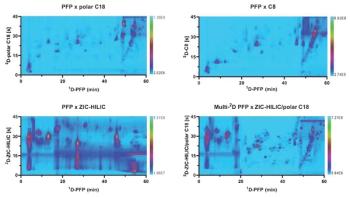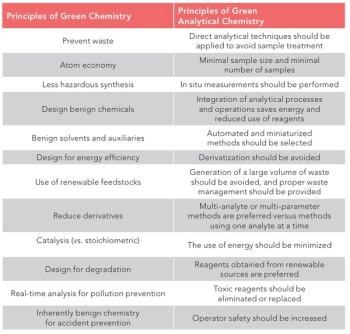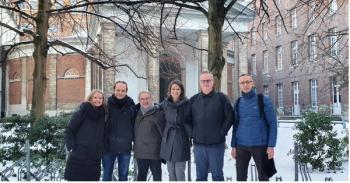
Recent Advances in Biologic Analytics Using Liquid Chromatography, Electrophoresis, and Mass Spectrometry Techniques
Li Tao of Bristol-Myers Squibb will preside over this afternoon symposium which presents experts from both academia and industry discussing recent advances and current practice in analytics for therapeutic proteins.
Li Tao of Bristol-Myers Squibb will preside over this afternoon symposium, in room 118A, which presents experts from both academia and industry discussing recent advances and current practice in analytics for therapeutic proteins.
The first presentation will be from Richard Rianto Rustandi of Merck & Company. “Applications of an Automated and Quantitative CE-based Size, Charge and Western Blot for Therapeutic Proteins and Vaccines Development” is the title of his talk, which presents two capillary electrophoresis-based methods that are now an industry standard and are an expectation of the regulatory agencies for biologics characterization.
Carlito Lebrilla of the University of California will follow with a talk titled “A Rapid Throughput Method for the Characterization of Glycosylation in Biologics Produced from Plants.” Lebrilla will discuss a method that is sensitive and fast and is used to monitor changes in glycosylation during production using different expression systems including animal cells and plants.
Next, Melissa Ly of Pfizer will present “Evaluating Glycation in Antibodies by Heighted Characterization with Mass Spectrometry.” Ly will demonstrate the use of a reduction step using sodium borohydride to stabilize glycation, followed by chymotrypsin proteolytic digestion conditions, improves LC–MS/MS analysis for site localization and relative quantitation of both minor and trace level glycation.
Following the recess, Christopher Roberts of the University of Delaware will give a talk titled “Opportunities for New Biophysical Characterization of Techniques for Therapeutic Proteins.” He will compared new and existing technologies to monitor protein aggregation and will discuss how those approaches can be used to leverage and provide new insights from a fundamental versus applied science perspective, as well as from the perspective of translating R&D methods to use in monitoring and controlling product quality during manufacturing.
The final presentation will be from Li Tao of Bristol-Myers Squibb, who will speak about the “Current Status of Analytical Development During Process Development for Biologics.” This presentation will cover analytical development centered around critical quality attributes strategy through the use of orthogonal technologies of liquid chromatography, electrophoresis, and mass spectrometry.
Newsletter
Join the global community of analytical scientists who trust LCGC for insights on the latest techniques, trends, and expert solutions in chromatography.




